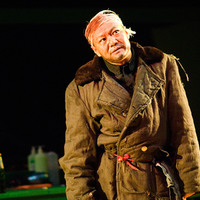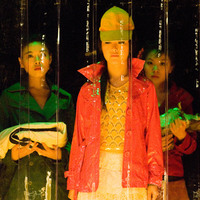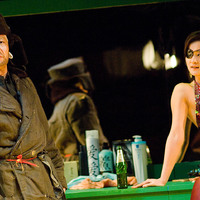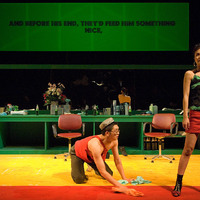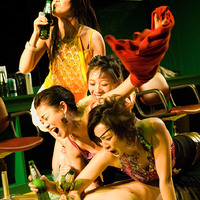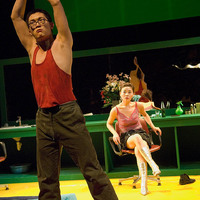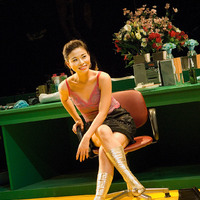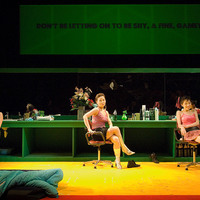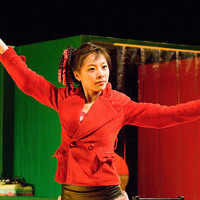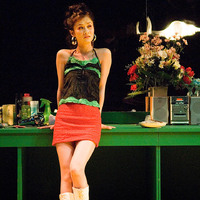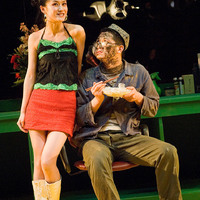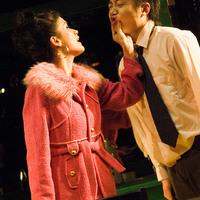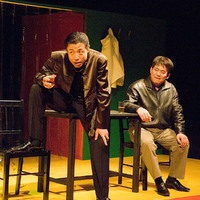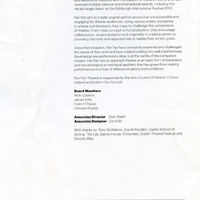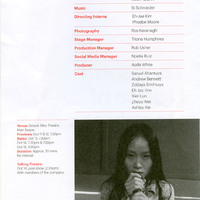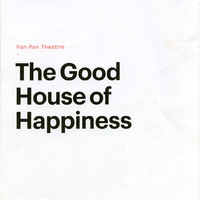Pan Pan and Intercultural Stages
Pan Pan Theatre Company’s Shakespeare adaptations, Beckett adaptations, and other European adaptations have solidified their connection to the European mainland and with international audiences who have seen those plays produced around the world. A number of Pan Pan’s productions also connects the company to the Asian continent and theatre repertoire. Pan Pan’s original inclusion of sign language in their early work revealed from an early stage how the company did not shy away from including different languages in their engagement with languages of performance and of the stage. Over the course of their career, the company has developed three plays in a Chinese language, each time providing a platform for a different cultural perspective which may not always be seen or heard on the ‘regular’ stage.
Pan Pan’s Playboy of the Western World (2006) featured an all-Chinese cast and was performed in Mandarin. Though the play did not cause riots at the scale Synge’s original 1907 Abbey Theatre production did, this new performance in Beijing did cause quite a commotion when some audience members complained one of the actresses’ mini-skirt costume was too short, an event which was reported in the Irish and U.K. tabloids. Pan Pan’s Playboy modernised the original by having it take place in a brothel fronting as a hair salon. The play, with its linguistically and thematically unique approach to its source material, became a great success and remains one of Pan Pan’s standout endeavours to this day.
Four years later, Pan Pan produced Fight the Landlord (2010), an original piece featuring three actresses in panda costumes. The play was written by Sun Yue and once again featured an all-Asian cast. The play’s title refers to a popular card game in China, which the characters play together, shifting and revealing relationships, and reflecting relevant social issues present in modern China.
The Good House of Happiness (2017) was a Mandarin adaptation of Bertolt Brecht’s The Good Person of Szechwan. The company chose not to use professional actors for this production. Instead, the majority of the cast was sourced via word-of-mouth or were ‘scouted’ on the street. Most were people with a regular day-job who had perhaps never even considered taking to the stage, with the exception of Andrew Bennett, who was a Pan Pan Theatre regular. The company sought to include people from ‘the correct geographical region’, since the original production featured German actors playing the Chinese parts.

